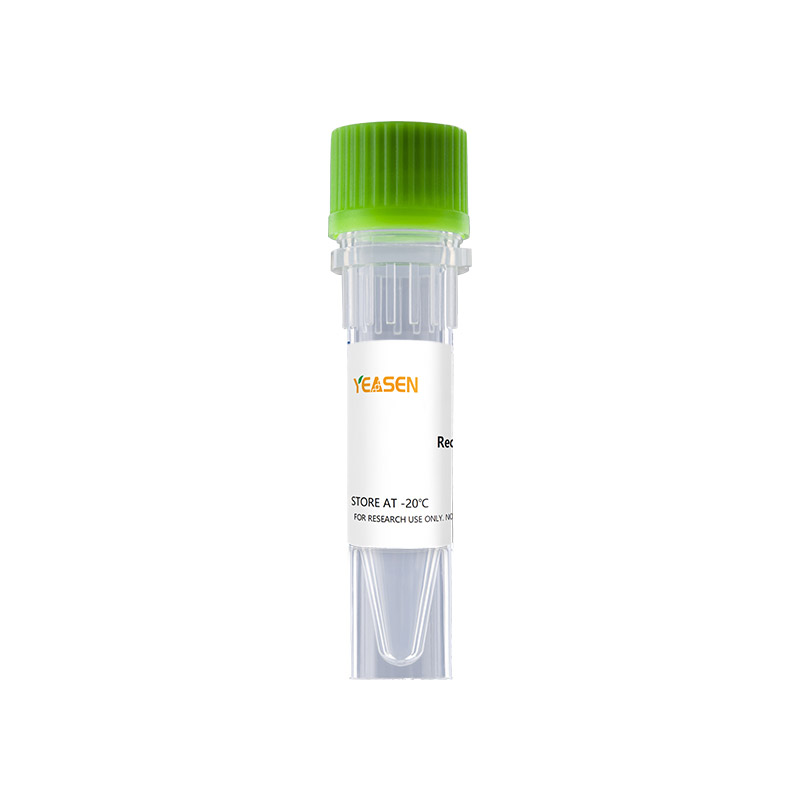Melanoma Inhibiting Activity (MIA), also known as cartilage-derived retinoic acid-sensitive protein (CD-RAP), is an approximately 11-15 kDa protein that is secreted as a noncovalent homodimer and is structurally related to OTOR/Otoraplin and MIA-2. Mature human MIA contains a SH3 domain and shares 90% and 92% amino acid sequence identity with mouse and rat MIA, respectively. Alternative splicing generates a short isoform that lacks the SH3 domain. MIA is widely expressed in developing and regenerating cartilage and in the endothelium and parenchyma of developing lungs. MIA disrupts cellular interactions with the extracellular matrix by binding to Integrins alpha 4 beta 1 and alpha 5 beta 1. It competes with Fibronectin fragments for Integrin binding and interferes with Integrin signaling. It also functions as a chemoattractant for mesenchymal stem cells and enhances their BMP-2 and TGF-beta 3 induced differentiation into chondrocytes [tscheud]. MIA-deficient mice exhibit delayed chondrocyte differentiation but enhanced chondrocyte proliferation and cartilage repair. MIA is up-regulated in several cancers including malignant melanoma, lung adenoma, metastatic oral squamous cell carcinoma, neurofibromatosis type 1 (NF-1)-related tumors, and pancreatic cancer. It is selectively secreted and internalized from the trailing pole of migrating cells. This polarization reduces cellular attachment to the matrix at the trailing pole and contributes to directional tumor cell migration.
高纯度、高活性、低内毒素、高批间一致性
-25 ~ -15℃保存,收到货之后有效期1年。 复溶后,无菌条件下,2~8℃保存,7天有效期。复溶后, 无菌条件下,-85 ~ -65℃保存,3个月有效期。

